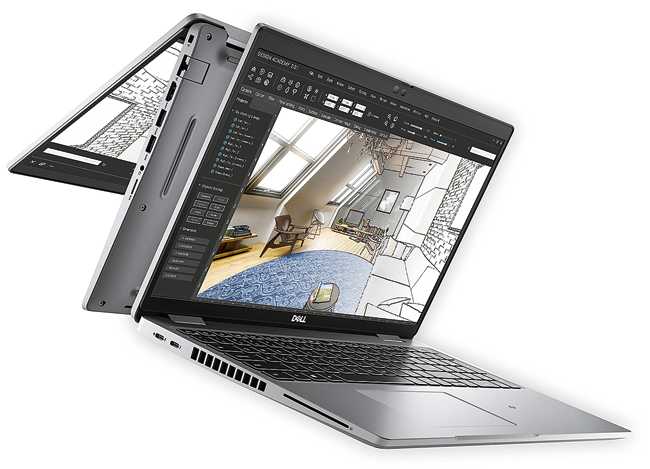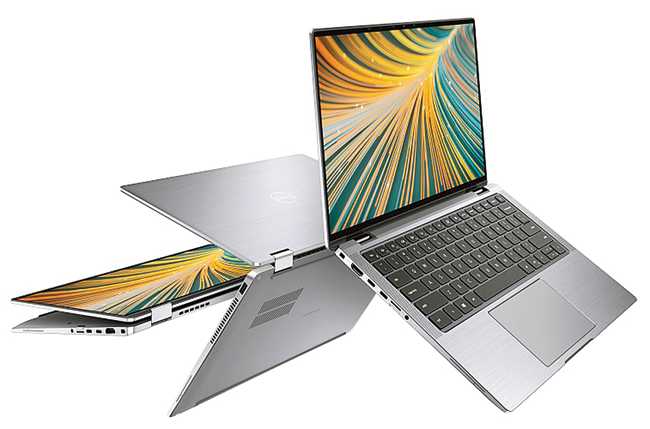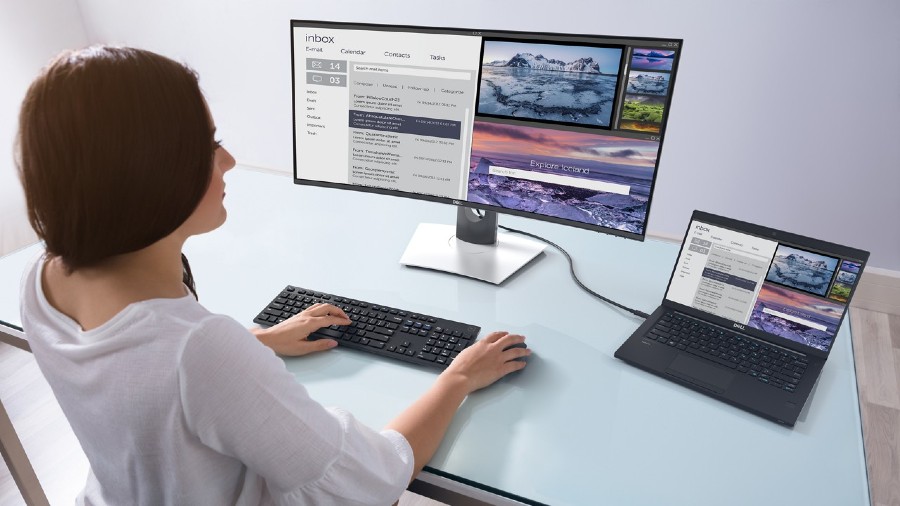Remote working is here to stay for quite some time. But with millions of people working from home, cybersecurity has become an important issue. We spoke to Vivekanand Manjeri, brand director, client solutions group at Dell Technologies, India, on workplace security. Here’s what he has to say.

Vivekanand Manjeri, brand director, client solutions group at Dell Technologies, India
What are some of the risks to data protection while working in virtual workspaces?
While remote working has enabled a culture of convenience, uncompromised productivity and an employee-friendly structure, the flip side of it are the data security threats. In fact, a recent report released by cybersecurity firm Barracuda revealed that 27 per cent of Indian organisations suffered at least one data breach in the past year.
Some of the biggest sources of risks to data protection in a virtual setup include....
External threats: As employees continue to spend more time on devices and sharing information, cyber-criminals are exploiting this situation by using common phishing tactics. As per a recent report released by Sophos, more than half of Indian organisations said that they fell victim to successful cyberattacks in the last 12 months.
User behaviour: There is more scope for training and education as far as cyber safety practices are concerned.
Limited sources of security: The security industry is known for its relatively low employment rate, which reflects in how many organisations lack the right kind of security infrastructure, especially in terms of security personnel.
New and evolving threats: Attackers continue to look for new methods of entry, one of which is below the PC operating system. Low-level attacks often take advantage of weak system configurations and firmware vulnerabilities. In a Futurum study commissioned by Dell Technologies, 56 per cent of companies experienced an external cyberattack attributed to a vulnerability in hardware or silicon-level security.

Select Precision (above), OptiPlex and Latitude (below) portfolio come equipped with Dell Optimiser, an AI and ML-enabled software

What are some of the features on Latitude, Precision and Optiplex devices that help users perform better and stay secured?
Select Latitude, OptiPlex and Precision portfolio come equipped with Dell Optimiser, an AI and ML-enabled software that works intelligently in the background and adapts to how each user works for a more personalised experience.
Another powerful feature that the range offers is the Express Sign-in where the PC will lock automatically as the user walls away from the device.
Additionally, the latest Latitude 9420 and 9520 deliver advanced security features like SafeShutter, the industry’s first automatic webcam shutter (Based on a Dell analysis, November 2020) that knows when to automatically open or close by syncing with video conferencing applications, so users can work securely from anywhere.
Three things organisations can do to protect their computers?
Protection above and below the operating system: It is important to invest in devices which intelligently detect and protect your systems below the OS at the PC BIOS level.
Adopt a password-plus strategy: Passwords must be strengthened with biometrics like facial recognition and fingerprint and implement multi factor authentication.
Routinely training of employees on security practices: Organisations can implement security training programmes briefing their employees on the importance of maintaining security.











